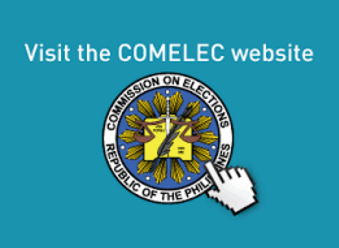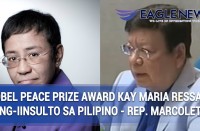
QUEZON City, Philippines (February 3) – It is true that in every Philippine election, negative issues and concerns have never failed to appear. According to asiafoundation.org, elections in the Philippines have been marred by allegations of widespread cheating and other electoral malpractice. The most famous (or perhaps infamous) method of cheating is called dagdag/bawas (add-subtract), when votes are subtracted from the opposition candidate and added to a favored candidate, and vice versa. Also, concerns over election credibility have been exacerbated by the typically long period between voting and the official announcement of results.
Additionally, the last 2010 election encountered the occurrence of fraud and malfunction. According to bulatlat.com, reports reveal a lot of glitches and errors during the final testing and sealing of PCOS machines last May 6 2010, a mere week before the elections. Independent election watchdogs lament the fact that the same problems, which happened during the 2010 elections, have not been resolved and have resurfaced.

Now, to address these pervasive issues in the upcoming election this year, the Commission on Elections will post all the election returns coming from the 90, 000 polling precincts on its website. The result will now be transparent and accessible to all the public, allowing them to see all the precinct-level results. Also, the COMELEC will release the uniform resource locator (URL) of the website where election results will be directly posted, a poll body official said.
It’s only right that the poll body has already approved the posting of election returns. This new idea will serve as a monitor and surveillance to prevent the occurrence of fraud and malfunction. This new system is a chance for everyone to tabulate and verify the official result. There would be no question at all if the result is based from right counting or not for they can check it for themselves. This will be helpful to all concerned citizens for they will be more satisfied with the results. It can provide accurate information to the concerned voters who are seeking for an honest result.
(written by Jasmin Monte, edited by Jay Paul Carlos, additional research by Lovely Ann Cruz)








